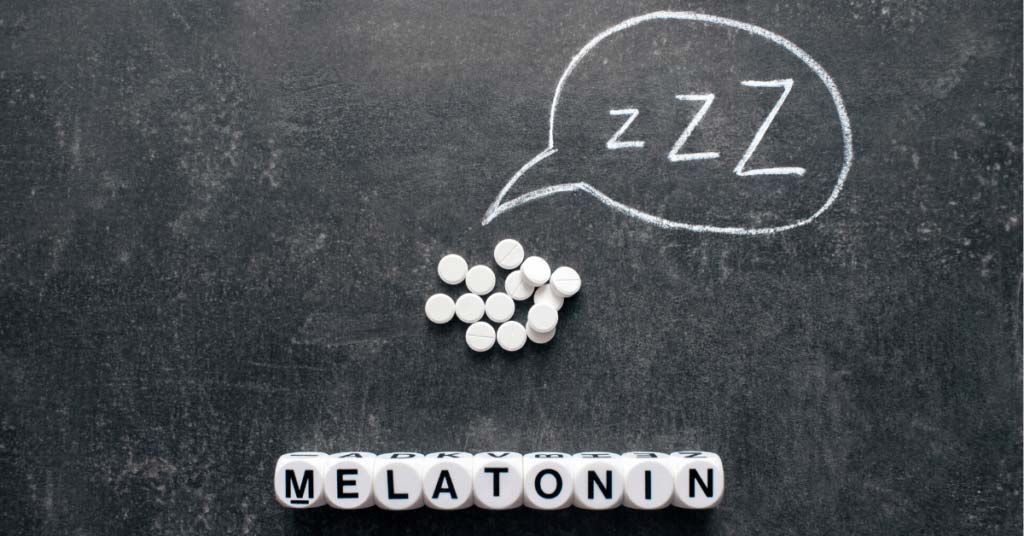Remember Chuck Palahniuk’s pitiful call in the Fight Club where he says, “ With insomnia, you’re never really awake; but you’re never really asleep.” Anyone who leads a busy, active life or is convalescing will vouch for how essential a healthy sleep cycle is to carry on with our everyday life processes. Yet, in the context of our modern lifestyles where we’re all engrossed in the rat’s race from household chores and work deadlines, we rarely have the luxury of a sound sleep. Stress, anxiety, workload, the paucity of time or even some underlying pathological conditions may contribute to many of us spending sleepless nights despite coveting some hours of a peaceful and rejuvenating shuteye for ourselves. For those of us who aren’t blessed enough to doze off as soon as the head hits the pillow, there are some ways to get by and get that much-needed sleep.
Insomnia or a sleep disorder which prevents you from falling or staying asleep can trigger off major health implications. Despite being a thoroughly underrated activity, sleep is vital for our wellness. Effectively, when we sleep, several essential components of our bodies are at work towards restoration and rejuvenation. In the absence of sleep, our energies get depleted fast and we lose the capability to perform the necessary activities. Our sleep cycles are typically divided into two major parts, the no rapid eye movement segment and the rapid eye movement segment. The main component that stimulates this process is melatonin.
What is Melatonin?
Melatonin is a hormone that is usually produced in the pineal gland of our brains. The primary function of melatonin is to induce a soporific effect in our system so that the body knows that it’s time to rest and go to bed. In our common understanding, we often address Melatonin’s work as “sleep cycle”. Melatonin has useful antioxidant properties and brings a whole array of health benefits.
Melatonin often impacts our moods since this hormone is intertwined with our receptors. Melatonin is helpful not only as a sleep-inducing hormone but in several instances, it soothes nervous spasms, anxiety or panic attacks and helps one to relax.
How does Melatonin help us sleep?
Have you ever wondered why is night time usually the designated time for sleeping? This is because melatonin is secreted during the night or more accurately, post daylight. Essentially, serotonin which regulates our energy levels and moods gets converted to melatonin at night.
As a result of Melatonin secretion, the dopamine levels in our body, which stimulates us to perform our daily activities, get reduced considerably and the energy receptors in our bodies slow down and we start feeling sleepy. It wouldn’t be wrong to claim that to get a good night’s sleep, the most vital ingredient is the right proportion of melatonin in our bodies.
How useful is Melatonin for other disorders?
Melatonin is a hormone replete with beneficial properties which can palliate numerous ailments and lifestyle conditions including nervous breakdowns, eye ailments like macular degeneration, stomach ulcers, heartburns and even seasonal depressions. Melatonin is extremely useful in easing out jet lags as well. In certain cases, melatonin supplements are used in palliative care for cancer and Alzheimer’s patients.
Where can Melatonin be obtained from?
Melatonin supplements can prove to be godsent saviours for people who regularly grapple with sleep disorders. The markets are flooded with over the counter drugs which contain harmless proportions of melatonin but are highly effective in regulating any anomalous sleeping patterns.
The best source of melatonin is our organic foods. Natural sources of melatonin are known to have a lasting impact on our sleep cycles and by extension our overall well-being. While the impact of chemical supplements usually kicks in faster, natural foods have a long-lasting effect on our health and lifestyles, especially our sleep cycles.
Broadly, proteins and vitamins are rich sources of melatonin, especially if they belong to the tryptophan class. Dairy products like milk, yoghurt, cheese, legumes like beans and pulse, poultry, nuts and grains offer a wide range of food items that may be consumed for a robust intake of melatonin. Vitamins, especially vitamins B6 which may be found in leafy greens, avocados, nuts, flaxseeds, sunflower seeds, meat and fish help boost your melatonin levels and consequently facilitate a pleasant and wholesome sleep cycle. Nuts including walnuts, peanuts as well as sunflower seeds are great direct sources for melatonin. It is also highly advisable that fruits and vegetables, especially fibrous leaves are consumed in greater quantity.
Melatonin: Form factors and Dosage
Besides dietary changes, one may also opt for one or the other melatonin supplements that are readily available in different forms in the market. From flavoured strawberry tablets to gummy pills, from melatonin strips to melatonin sprays, there are wide ranges of form factors in which melatonin may be consumed, subject to your comfort and preference.
However, a word of caution must always be kept in mind. Melatonin dosage, when partaken in the chemical form must be between 0.5 mg to 10 mg. An overdose may lead to recurrent drowsiness and other serious health hazards. Wisdom lies in taking a physician’s opinion before opting for one or the other form factor for melatonin.














